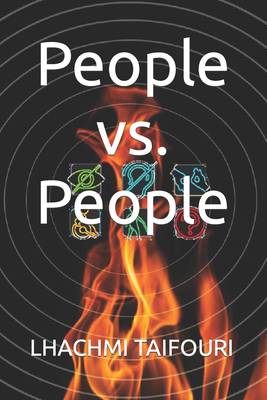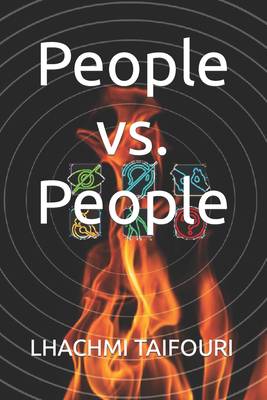
- Afhalen na 1 uur in een winkel met voorraad
- Gratis thuislevering in België vanaf € 30
- Ruim aanbod met 7 miljoen producten
- Afhalen na 1 uur in een winkel met voorraad
- Gratis thuislevering in België vanaf € 30
- Ruim aanbod met 7 miljoen producten
Zoeken
Omschrijving
We see and hear everywhere, and among us, disabled people that became overtime trivial and no one pays attention to, because they are part of our normal life; so describing the inequalities that affect people with disabilities assumes that there is a clear distinction between people with disabilities and those without; however, the distinction between them is more complex than age, sex or migratory origin, it is based on criteria relating to the condition of persons which include a greater degree of subjectivity.Over one billion people, or about 15% of the world's population, have some form of disability; the number of disabled people is on the rise, this is due, among other things, to demographic trends and the increasing prevalence of chronic diseases. Almost everyone is likely to experience some form of disability, temporary or permanently, at some point in their life; people with disabilities are particularly vulnerable and more affected by today's issues like the COVID-19 pandemic.There is much kind of disabilities today than before, from mental ones to physical ones, to today chronically disease, to aging and, had different origins and different consequences, and their issues depends on where they are located, developed countries or poor ones, and where they are born, poor families or rich ones.Fortunately, everything is not dark, there are some stories of the most famous people on the international level that are succeeded in, overcoming their disabilities and became masters in their field, surpassing even normal people. The accessibility to new technologies for the disabled, in this digital age, is a valuable technical aid; each user must be able to perceive, understand, navigate, and interact easily; the goal is to make everyone evolve at the same pace, without anyone being left out; these amounts to saying that the new technologies alleviate the difficulties of people with physical or mental disabilities.From this perspective, assistive technology for the disabled must respond to a real challenge, circumventing different obstacles faced by disabled people; this is how they can enjoy the same privileges, whether in a personal or professional setting.People vs. peoples does not pretend to master any related topics but tried to give the readers a broad picture of todays' disabilities facts and figure out its future; and also, highlight all kinds of issues they face off in their day-to-day lives.
Specificaties
Betrokkenen
- Auteur(s):
- Uitgeverij:
Inhoud
- Aantal bladzijden:
- 150
- Taal:
- Engels
- Reeks:
Eigenschappen
- Productcode (EAN):
- 9798720322601
- Verschijningsdatum:
- 12/03/2021
- Uitvoering:
- Paperback
- Formaat:
- Trade paperback (VS)
- Afmetingen:
- 152 mm x 229 mm
- Gewicht:
- 208 g

Alleen bij Standaard Boekhandel
+ 42 punten op je klantenkaart van Standaard Boekhandel
Beoordelingen
We publiceren alleen reviews die voldoen aan de voorwaarden voor reviews. Bekijk onze voorwaarden voor reviews.











